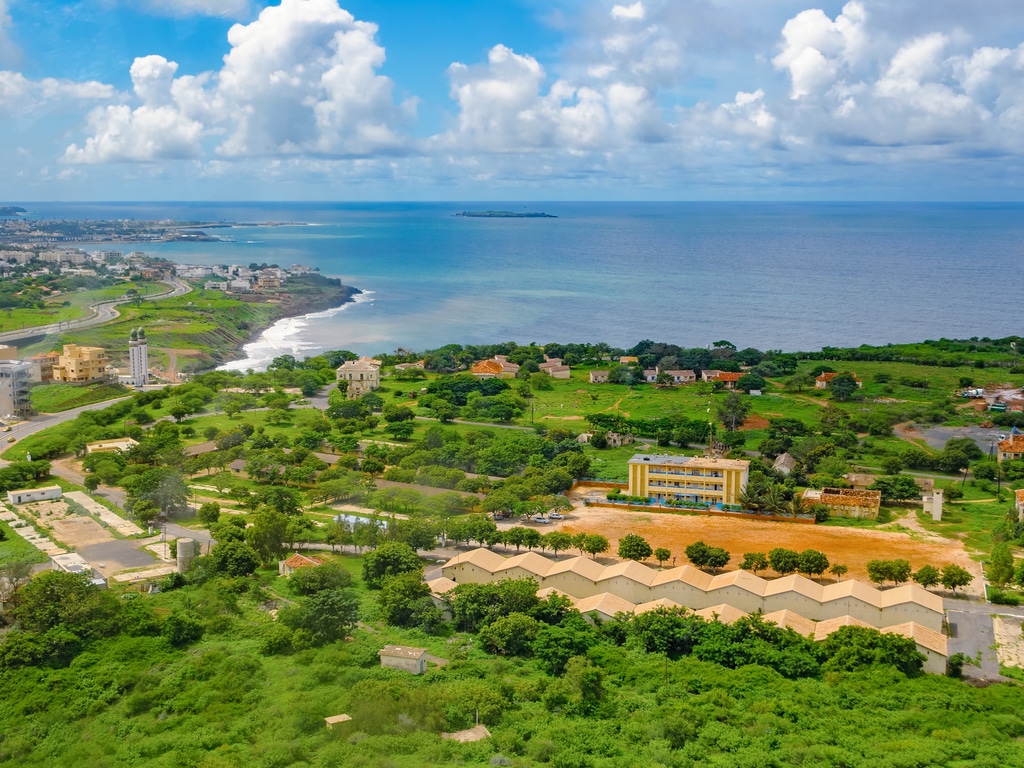In Senegal, tourism plays an important role in wealth creation and poverty reduction. In 2017, the activity accounted for nearly 6.7% of the country’s gross domestic product (GDP) and created 30,000 direct and 70,000 indirect jobs, according to the National Agency for Statistics and Demography (ANSD). But thousands of tourists who visit Senegal each year leave behind tons of waste, particularly plastic. This rubbish often ends up in waterways, destroying ecosystems.
Read Also – AFRICA: The continent is tackling the tide of waste that fouls the environment
The Senegalese Agency for Tourism Promotion (ASPT) wants to preserve marine and land resources. The agency will benefit from the expertise of the Solid Waste Management and Coordination Unit (UCG), with which it has just signed an agreement. The two partners will organise clean-up campaigns on the country’s various tourist sites, namely islands (Gorée Island, Madeleine Island, Lower Casamance Islands, etc.), hotels, lakes, museums, monuments, etc. Tourists will also be made aware of sustainable plastic waste disposal techniques.
At least 200,000 tonnes of plastic waste produced per year
“The fight against plastic pollution is a significant step and contributes to the preservation of Destination Senegal, in a context of revival of the tourism sector strongly impacted by the Covid-19”, says ASPT. In this West African country, plastic pollution is taking on alarming proportions with an annual production of 200,000 tonnes. In addition to the uncivil behaviour of tourists, there is the illegal trafficking of waste orchestrated by foreign companies that consider Senegal a rubbish dump.
Read Also – AFRICA: sustainable tourism and biodiversity, a marriage of reason
The initiative of the ASPT and the UCG is part of the “zero waste” programme underway in Senegal. This is a change of approach, which rethinks the waste collection system in order to allow, on the one hand, the recycling of components (plastic, glass, paper, etc.) and, on the other hand, the industrial destruction of materials deemed toxic, dangerous, or harmful to public health and the environment.
Inès Magoum
